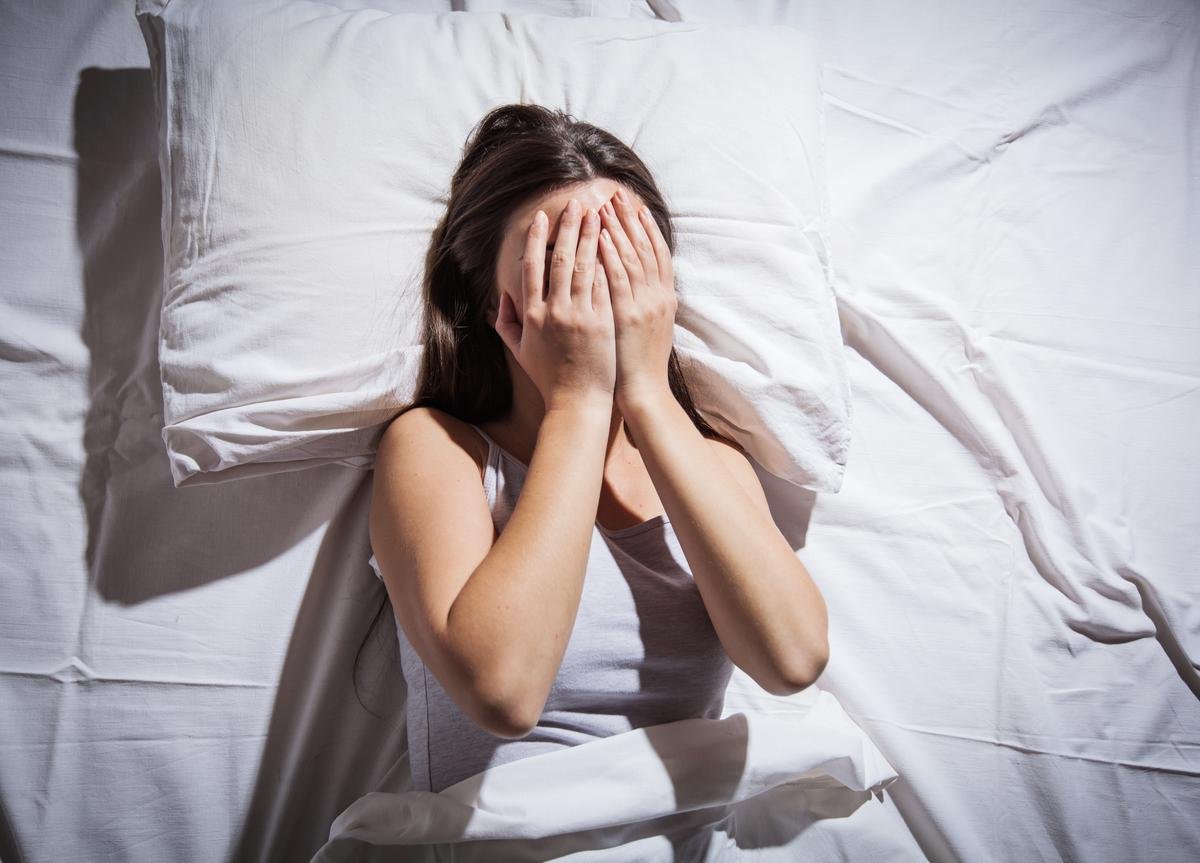Findings show persistent posttreatment genital hypoesthesia among sexual and gender minority youth with history of antidepressant use
By Lori Solomon HealthDay Reporter
THURSDAY, Dec. 19, 2024 (HealthDay News) — Antidepressants may reduce genital sensitivity when compared with other medications, according to a study recently published in Social Psychiatry and Psychiatric Epidemiology.
Yassie Pirani, M.S.W., from the Canadian Post-SSRI/SNRI Sexual Dysfunction Society in Vancouver, British Columbia, and colleagues estimated the frequency of persistent posttreatment genital hypoesthesia (PPTGH) among past users of psychiatric treatments. The analysis included data from participants in UnACoRN, a survey of sexual and gender minority youth (aged 15 to 29 years) with a history of psychiatric drug use.
The researchers found that 574 of 2,179 survey participants reported genital hypoesthesia. Respondents were older and more likely to report male sex assignment at birth, history of hormonal therapy, and history of psychiatric drug use. Among antidepressant users, the frequency of PPTGH was 13.2 versus 0.9 percent among users of other medications (adjusted odds ratio, 14.2).
“Antidepressant discontinuation is strongly associated with PPTGH in the United States and Canada where selective serotonin reuptake inhibitors/serotonin-norepinephrine reuptake inhibitor medications account for 80 percent of antidepressant prescriptions,” the authors write. “We call for standardized international warnings and transparent, informed consent.”
Abstract/Full Text (subscription or payment may be required)
Copyright © 2024 HealthDay. All rights reserved.







